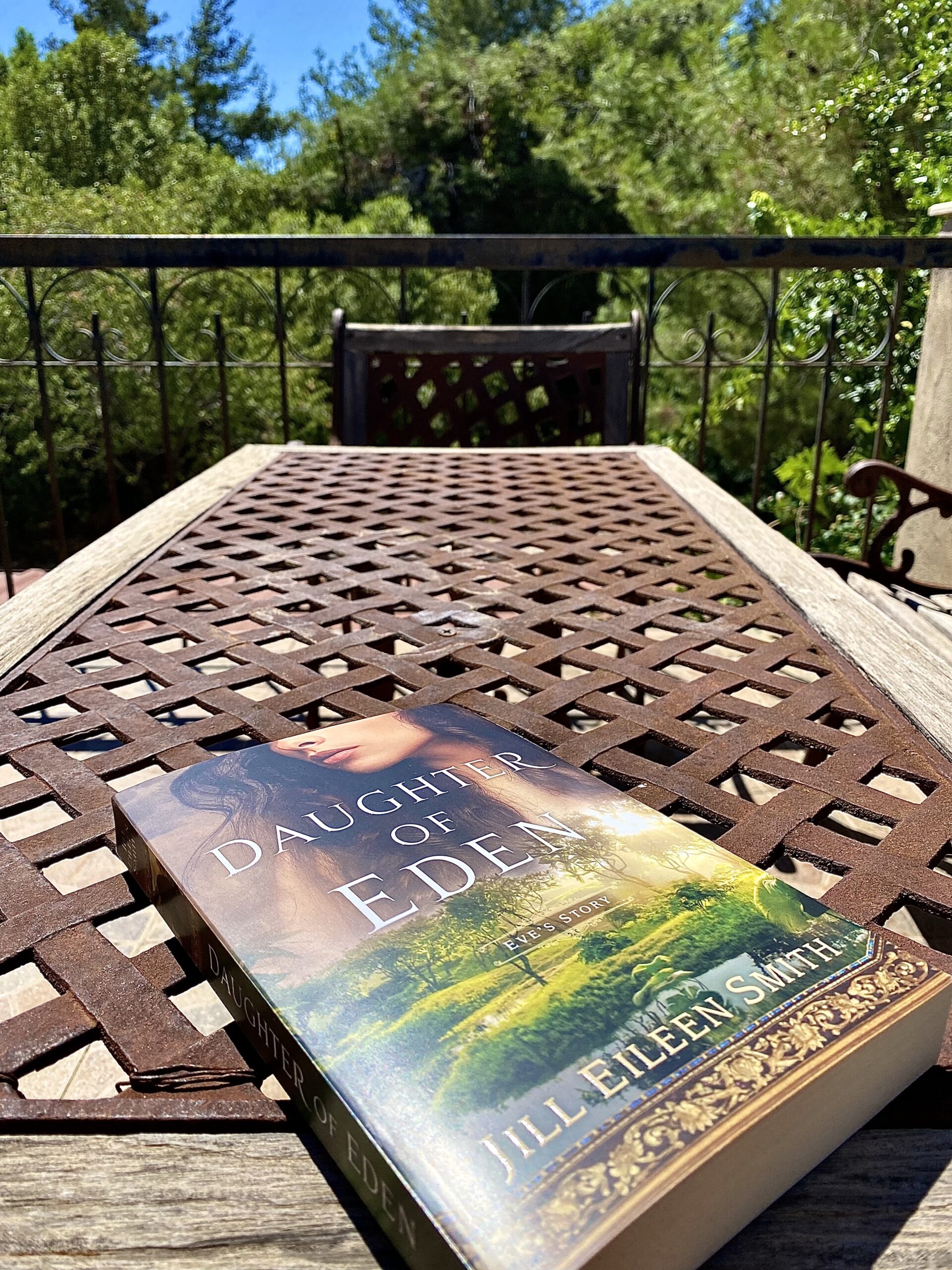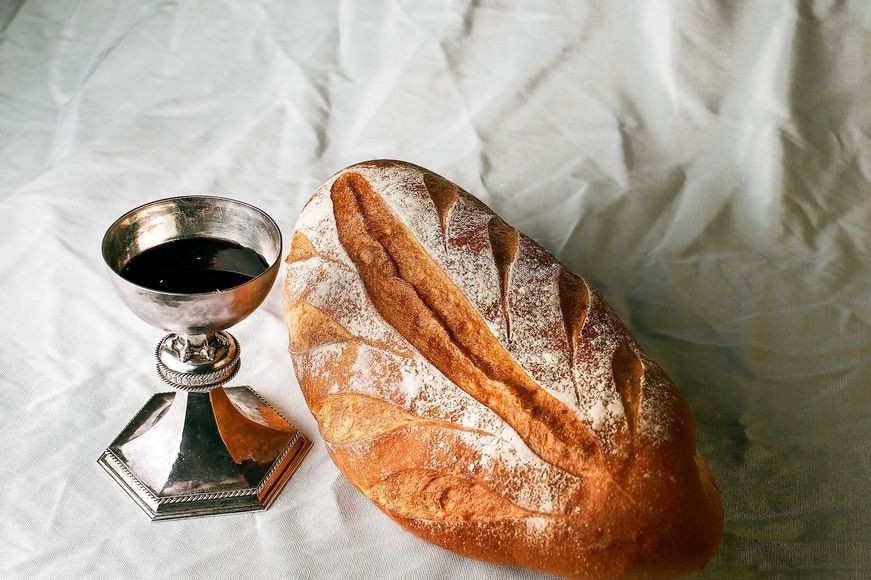
Cain, Abel, and the Original Sacrifice – “Daughter of Eden” by Jill Eileen Smith
Have you ever wondered why God accepted Abel’s sacrifice, but not Cain’s? I have. And I thought I had also found a satisfactory answer as well. That is, until I read Jill Eileen Smith’s Daughter of Eden.
Let me tell you about her creative interpretation of scripture that left me with an “Aha!” moment I won’t forget.
Cain, the farmer, offered the fruit of the ground that he stewarded. Abel, the shepherd, offered a lamb. Both sacrificed to the Lord. So why did God not accept Cain’s gift? If you take the answer from a young girl I watched in the church nursery once, it’s because “God doesn’t like sheep.” Hmm. She mixed up the offerings a bit, but you get the point.
Whenever I hear a sermon on this topic, they emphasize the heart. Cain brought a last-minute oh- maybe-I-should-bring-something-to-honor-God-so-here-is-some-produce-I-haven’t-eaten-yet gift. While Abel brought the first fruits of his flock. Don’t get me wrong. I do believe the heart is at the very center of all this, and it is God’s priority in dealing with us.
But in Daughter of Eden, Jill Eileen Smith painted a deeper understanding of this event in light of the entirety of scripture. Sacrifice and the blood of a lamb are key themes throughout the Bible. We know God instructed the Israelites to sacrifice a lamb on the Day of Atonement to cover over their sins. And we know that this perfect, spotless lamb offered year after year represented the perfect Lamb of God to come whose shed blood would wipe away our sins once and for all!
The price of our sin was death. Spilled blood. The price of Adam and Eve’s sin was death. But instead of killing them, God killed an animal and, from it’s hide, prepared garments of skin to cover Adam and Eve (Gen 3:21). Jill Eileen Smith postulates through her story that, from the Fall forward, a sacrifice of blood was required every year to cover over their sin. It was a day of atonement even before the law labeled it as such.
Now we come to Abel’s lamb. Suddenly, it’s not about whether or not God was interested in fruit or meat. And perhaps, not even so much about the heart of each giver. But rather, that the price for sin still had to be paid. Abel submitted to God’s instructions for the blood sacrifice. Cain, on the other hand, thought he knew of a better way.
Is this not like the great debate surrounding faith? So many in the world would argue there are many paths to God. But Yeshua (Jesus) said, “I am the way, the truth, and the life. No one comes to the Father except through Me” (John 14:6). Interesting how every other path humanity comes up with excludes the blood sacrifice of Yeshua that takes away our sins. But God made it quite clear. There is only one way, and it is through the blood of His Son shed on the cross, the Lamb who was slain from the foundation of the world (Rev 13:8 NKJV).
While the Genesis account does not spell all of this out, I find Smith’s interpretation beautifully fits into the continuity of the scriptures. Why is this significant? Because our God has not changed. His Word is not chopped up bits of anecdotes that have been strung together. If we think the God of the New Testament is different from the God of the Old, then we’ve missed what He has been saying since the beginning! His plan of redemption in the garden remains His plan even now. It always has been about Yeshua! Ever since the Fall, God gave instructions for the sacrifice which pointed directly at His Son, our Savior and Redeemer. He never left His people without hope!
What has been your experience? Have you approached the God of the Old Testament as the same or different from the New? Can you recognize God’s plan of redemption in Old Testament scriptures?
**Check out my full review on Daughter of Eden here on my Goodreads page.

Image by Kat Smith from Pexels
Related Posts
January 31, 2024
Lost Ring, Found Faith
Planning a wedding is stressful. But planning a covid wedding without family in…
August 29, 2023
Christian Fiction Scavenger Hunt! Back-to-School
Are there any fellow homeschoolers out there? How about homeschool parents?…
January 30, 2023
How Do We Deal with Weariness as Christians?
God has recently been highlighting this theme of the thirsty and the weary. I…


